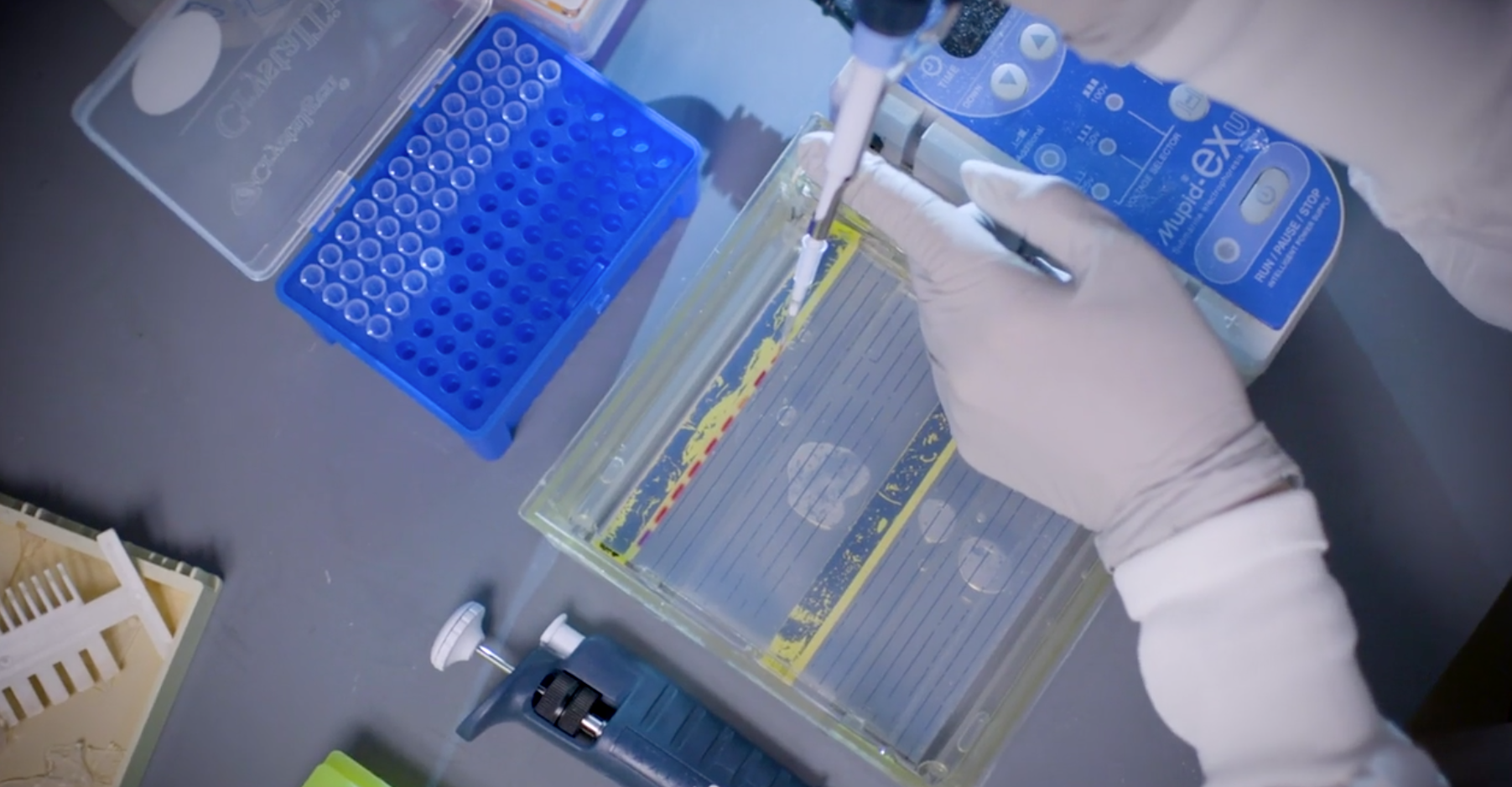
The Neuberger Berman Lung Cancer Center's research program is focused around the lung as a central organ to study de novo lung carcinogenesis (primary lung cancer), as well as the initiation and progression of metastatic lesions derived from extrapulmonary neoplasms (secondary lung cancer). The program integrates expertise in clinical and basic science to foster innovative research for the prevention, detection and treatment of cancer. For example, annotated clinical specimens available through the thoracic surgery component of the center are effectively used to discover key protumorigenic candidate genes and the pathways they regulate. The mechanistic insights of these findings are assessed in mouse models that closely approximate human lung cancer. The correlative value of these candidate genes and molecular pathways is retrospectively assessed using various outcome measures assembled in a large clinical database and then prospectively validated in controlled translational studies.
A major aim is to understand cancer cell intrinsic and extrinsic programs that regulate tumor growth and metastasis. Cancer cell intrinsic programs include aberrant signaling pathways, which are investigated at several levels including transcriptional regulation, epigenetic regulation and regulation by small regulatory RNAs. Cancer cell extrinsic programs include the contribution of the tumor microenvironment; by dissecting the complexity of various stromal cell types that comprise the microenvironment we unravel heterotypic reciprocal signaling between the stromal cells and tumor epithelial compartments that contribute to tumor progression. We are interested in understanding how these two programs are integrated to regulate key tumorigenic processes including angiogenesis, inflammation, epithelial to mesenchymal transition, metabolic coupling, therapeutic resistance, metastasis initiation and progression. Another major focus of research in the center is to discover novel blood and tissue based biomarkers of clinopathological and prognostic significance in lung cancer. Biomarker discovery is being conducted using proteomic, metabolomic and gene signature based analysis.
Our goal is to determine the diagnostic and therapeutic potential of candidate molecules obtained from these studies through the thoracic and clinical outcomes unit of the center. Below, we have provided brief descriptions of key projects under three main research themes that are being carried out in the center.
Role of the lung microenvironment in de novo lung carcinogenesis, and in metastases derived from extrapulmonary neoplasms
Biomarker discovery in lung cancer
Healthcare Outcomes Unit and Thoracic Clinical Trials